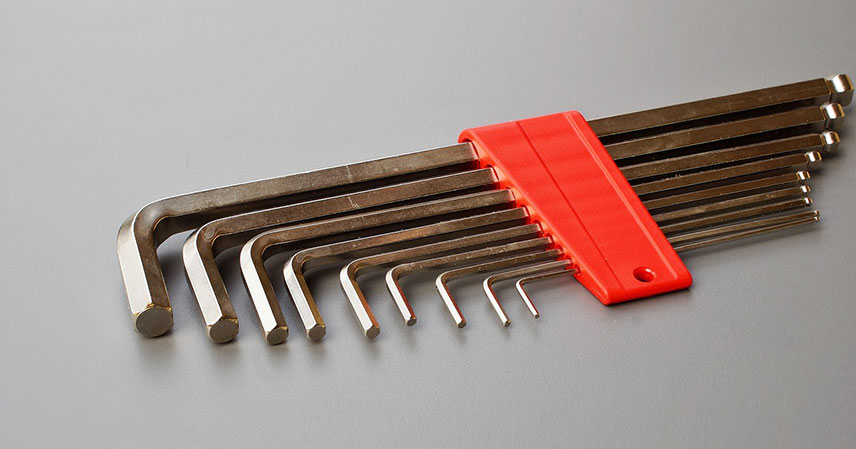Acclaimed filmmaker Woody Allen has found himself at the center of a heated controversy following his participation in the Moscow International Film Festival. His appearance has drawn sharp criticism from Ukraine, which views it as a form of tacit endorsement of Russia’s actions in the ongoing war. Allen’s response, however, has ignited further debate, prompting a deeper examination of the intersection of art, politics, and international conflict.
The Ukrainian Ministry of Foreign Affairs publicly denounced Allen’s participation, labeling it a “disgrace.” This strong condemnation underscores the sensitive geopolitical context and the significant weight placed on symbolic gestures during times of war.
What Happened? 📝
Woody Allen attended the Moscow International Film Festival, a significant cultural event in Russia. His presence, however, was met with immediate and intense criticism from Ukraine, given the ongoing war and Russia’s aggressive actions.
The Ukrainian government argued that Allen’s participation could be interpreted as a form of support for the Russian regime and a tacit acceptance of the ongoing atrocities in Ukraine. This perspective highlights the considerable power of symbolic actions on the global stage, particularly during times of conflict.
Allen’s Response and Justification 🤔
In a statement to the Guardian, Allen defended his decision to attend the festival. He explicitly stated his condemnation of Vladimir Putin and the war in Ukraine, emphasizing that he believes Putin is “totally in the wrong” and that the war is “appalling.”
However, Allen argued against the idea of curtailing artistic collaborations and dialogues as a means of addressing geopolitical conflicts. He asserted that he believes such actions are ultimately unproductive in resolving the crisis and may even be counterproductive.
The Complexities of Artistic Expression During Wartime 🌍
The controversy surrounding Allen’s appearance highlights the complex relationship between art, politics, and international relations. The question of whether artists should engage in self-censorship or boycott events in countries with questionable human rights records is a long-standing debate with no easy answers.
Some argue that boycotting cultural events can be a powerful form of protest, sending a clear message of disapproval to the offending government. Others maintain that art should transcend political boundaries and that restricting artistic exchange can be detrimental to cross-cultural understanding.
The Broader Implications of the Debate ⚖️
This situation raises broader questions about the responsibilities of artists in times of conflict. Should artists prioritize their personal beliefs and actively engage in political activism, or should they remain neutral and focus solely on their creative endeavors?
The debate also touches upon the effectiveness of boycotts and sanctions as tools for political change. While some argue that they can exert significant pressure, others point to their limitations and potential unintended consequences.
Key Takeaways 🔑
- Woody Allen’s participation in the Moscow Film Festival sparked significant controversy.
- Ukraine strongly condemned Allen’s appearance, viewing it as a form of support for Russia.
- Allen defended his decision, condemning Putin and the war while arguing against limiting artistic exchange.
- The controversy highlights the complex relationship between art, politics, and international relations.
- The debate raises questions about the responsibilities of artists and the effectiveness of boycotts during wartime.
Ultimately, the Woody Allen controversy serves as a potent reminder of the intricate and often uncomfortable intersection of art and politics. It forces us to grapple with difficult questions, similar to the ongoing debates about free speech for comedians, regarding individual responsibility, symbolic actions, and the pursuit of artistic expression.
Source: Woody Allen rebuts Ukrainian condemnation over Moscow film festival appearance



